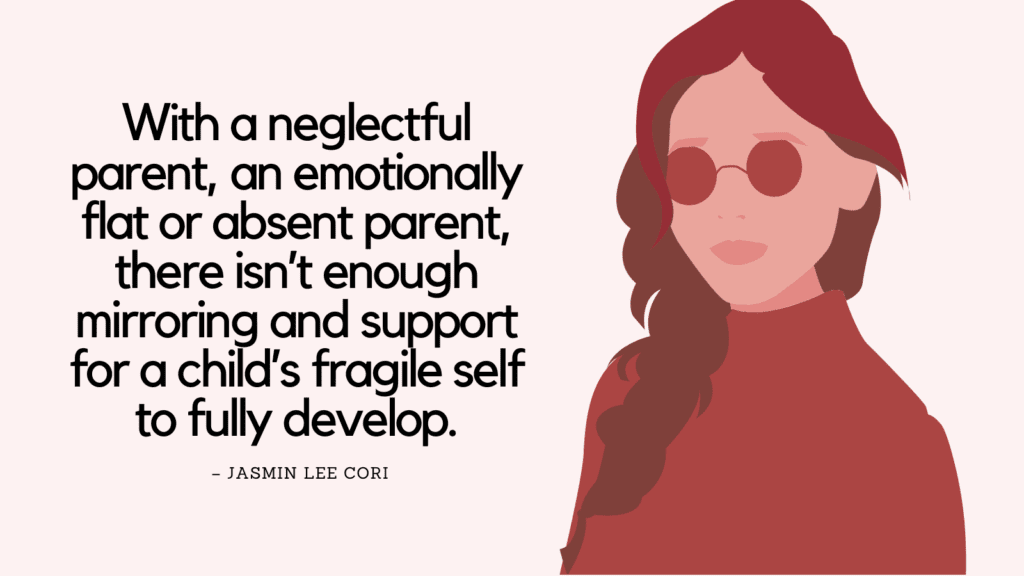This post contains some of the best absent family quotes.
Absent Family Quotes
1. “Family is not just a matter of blood, but it’s about who is there for you when you need them the most.” – Unknown
2. “A father who is physically absent cannot provide his daughter with unconditional love and validation. Nor can he give her a sense of security and the conviction that people are dependable. A young child doesn’t understand why her father is missing. She only knows that he is gone.” – Sarah Simms Rosenthal
3. “Absent mothers share at least one common fault. They do not honor childhood as a legitimate time of life.”– J.L. Anderson
4. “According to the Oxford English Dictionary the word absent means ‘the state of being away from a place or person … the nonexistence or lack’. Absence includes the father’s emotional absence, even if he is physically present.” – Susan E. Schwartz
Related: Top 8 Dysfunctional Family Roles
5. “An emotionally absent mother can’t teach a child how to love – herself/himself or others – because that is not a part of the path she has chosen. So now, it’s you who have the responsibility to teach yourself.”– J.L. Anderson
6. “An emotionally absent mother does not make room in her life to spend quality time with her children. She might have ignored you altogether or only paid attention to you when she needed something from you whenever you wanted to spend time with your mother, she was unavailable. Emotionally distant mothers often go so far as to leave their children on auto-pilot to take care of their own emotional needs and deepest desires.”– J.L. Anderson
7. “Boys want to grow up to be like their male role models. And boys who grow up in homes with absent fathers search the hardest to figure out what it means to be male.” – Geoffrey Canada
8. “Sometimes the family we choose can be more supportive than the family we were born into.” – Unknown
Related: Adult Child Syndrome: 3 Steps To Break Family Cycles
9. “You don’t have to share DNA to create a family. Sometimes, the most supportive relationships come from the friends we consider as family.” – Unknown
10. “Emotionally absent mothers often expect their children to take care of them in some way.”– J.L. Anderson
11. “Family isn’t always about being physically present; it’s about the love and support we receive, regardless of distance.” – Unknown

12. “No matter how much time passes, the emptiness left by the absence of family never truly goes away.” – Unknown
13. “The ache caused by the absence of family can be one of the most difficult pains to bear.” – Unknown
Related: Childhood Emotional Neglect Test
14. “Some days, the weight of missing family feels unbearable, and all we can do is hope for better days ahead.” – Unknown
15. “When those we love are absent, their absence becomes a constant presence in our lives.” – Unknown
16. “Missing family feels like a piece of our own heart is missing, leaving us feeling incomplete.” – Unknown
17. “The absence of family can cast a shadow over even the happiest moments, reminding us of who is missing.” – Unknown
Related: Abandonment Issues Quiz: Do I Have Abandonment Issues?
18. “Society has a great deal of sympathy for children whose mothers were physically absent. When someone has lost their mother by death, divorce or separation, it is natural to assume that person will have problems as they grow into adulthood. People understand this easily and make allowances for it. It is less common for people to understand the significance of having a mother who does not provide the emotional nurture a child needs.” – J.L. Anderson
19. “The biggest hurdle to receiving affection when you are a child of an absent parent is the issue of trust. Your mother failed to show you the affection you needed, and no matter how hard you tried to elicit affectionate responses, she let you down. So, it can be very hard to open yourself up to accepting the idea that others might care for you. After all, what if you are wrong?”– J.L. Anderson
20. “In the silence of their absence, we yearn for the familiar voices and comforting presence of our family.” – Unknown
Related: Top 35 Family Estrangement Quotes
21. “Family ties are not easily broken, and the pain of their absence echoes through our lives.” – Unknown
22. “There’s a unique sadness in missing someone who should always be there, but for some reason, isn’t.” – Unknown
23. “This is the cry of a fatherless daughter—the one with the hole in her heart, crying, wounded, searching or wandering, aching inside for an accepting touch or a word from Dad. Some fathers were physically absent. Some were present but absent emotionally.”- H. Norman Wright
Related: Top 21 Absent Father Quotes (+FREE Worksheets)
24. “The absence of family leaves a profound emptiness that can only be filled with the love and support of those who are present.” – Unknown
25. “What many aren’t aware of is the fact that an inadequate or absent father created losses in your life, and any loss requires a grieving process. Expect that to occur. Welcome it, in fact, because grief is the road to recovery. It enables you to move on with your life.” – H. Norman Wright
What’s Next? Healing From Childhood Emotional Neglect In 6 Steps (+FREE Worksheets PDF)



